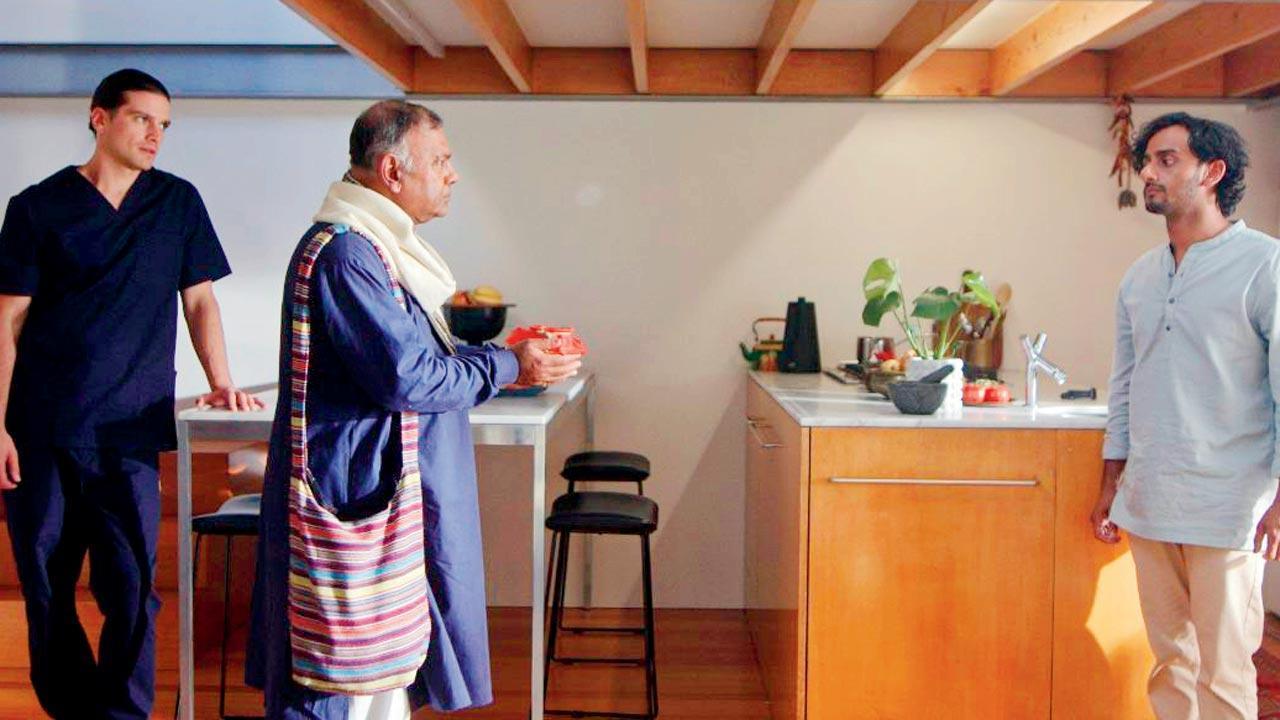
The Indian Film Festival of Melbourne (IFFM) is set to open on August 15 with the anticipative premiere of “My Melbourne,” an anthology of four short films crafted by renowned directors—Rima Das, Kabir Khan, Imtiaz Ali, and Onir. The anthology, conceived four years ago, aims to spotlight stories inspired by true incidents, delving into the nuanced themes of race, gender, sexuality, and disability. These narratives echo the festival’s core principles of diversity and inclusivity, presenting a multifaceted view of human experiences.
National Award-winning director Rima Das collaborated with her mentee, Samira Cox, to bring “Emma,” a short film centered on the theme of disability, to life. Das expresses that the creation process of “Emma” was an “uplifting experience,” one enriched by the film’s focus on authenticity. This authenticity was achieved by involving both seasoned and new actors, along with members from the deaf community. “We wanted to depict the theme of disability genuinely and authentically,” Das remarks, highlighting her hope that the film will spark meaningful conversations about inclusivity in various facets of life, including the arts.
Kabir Khan’s contribution to the anthology, “Setara,” is rooted in a compelling tale of human resilience. The storyline immediately captivated Khan when he first encountered it in 2021. “Setara’s unique escape from Afghanistan to Melbourne and how she found a sense of belonging through cricket made it an undeniable story to tell,” Khan shares. His collaboration with local creative teams and Melbourne’s girls’ cricket teams added an extra layer of authenticity to the film. Khan’s commitment to representing this gripping narrative speaks volumes about his dedication to celebrating human spirit and perseverance.
Imtiaz Ali’s film “Jules” brings attention to pressing gender issues. Ali explains that the narrative is influenced by the real-life experiences of two distinct women grappling with their place in a foreign land. “I was moved by the story of two different yet displaced women in Melbourne,” he states, underscoring the emotional depth that threads through “Jules.”
Onir’s “Nandini,” meanwhile, addresses the theme of sexuality. Onir reveals that working with a local Australian crew was an enriching experience, both personally and professionally.
. “[My] film captures the essence of inclusivity through various migrant experiences,” he notes. For Onir, the project represented not just a filmmaking endeavor but a cultural exchange—sharing cinematic language and culture with his Australian counterparts enriched the narrative and the creative process.
The anthology “My Melbourne” embodies the primary themes explored by each director. It brings forth the realities and struggles of marginalized communities, striving to elevate underrepresented voices through the powerful medium of film. Each story is a testament to the resilience and diversity of the human experience.
Beginning with “Emma,” by Rima Das and Samira Cox, the audience will be introduced to an authentic exploration of disability. This film very much embodies their commitment to raising awareness and fostering discussions on inclusivity in the arts and wider society. The film was made with deliberate care to incorporate actors from the deaf community, blending the talents of both senior and novice performers to create a narrative that feels genuine and heartening.
Kabir Khan’s “Setara” is anticipated to be a highlight of the anthology, detailing a gripping journey that underscores the theme of survival and adaptation. The story of Setara, a young woman who flees Afghanistan and finds solace and purpose through cricket in Melbourne, is portrayed with raw authenticity. By involving local cricket teams and creative minds, Khan has ensured that “Setara” is not only a narrative of escape and adaptation but also one of community and newfound belonging.
Imtiaz Ali’s “Jules” tackles gender-related challenges through the lives of two displaced women in Melbourne, providing viewers with a poignant look at gender issues in a multicultural context. Ali’s narrative precision aims to evoke empathy and understanding, shedding light on the often unseen struggles of women finding their path in a new environment.
Onir’s “Nandini” delves into the complex interplay of sexuality and identity among migrants. The process of working with an Australian crew not only enriched the film’s authenticity but also allowed for a meaningful cultural exchange, enhancing the storytelling by blending diverse cinematic traditions.
“My Melbourne” stands as a significant artistic and cultural endeavor that resonates with the spirit of inclusivity and diversity at the heart of the IFFM. As the festival opens with this compelling anthology, it invites audiences to engage with the rich tapestry of human experiences and contribute to the ongoing dialogue about race, gender, sexuality, and disability—highlighting the festival’s commitment to elevating diverse voices and stories.










